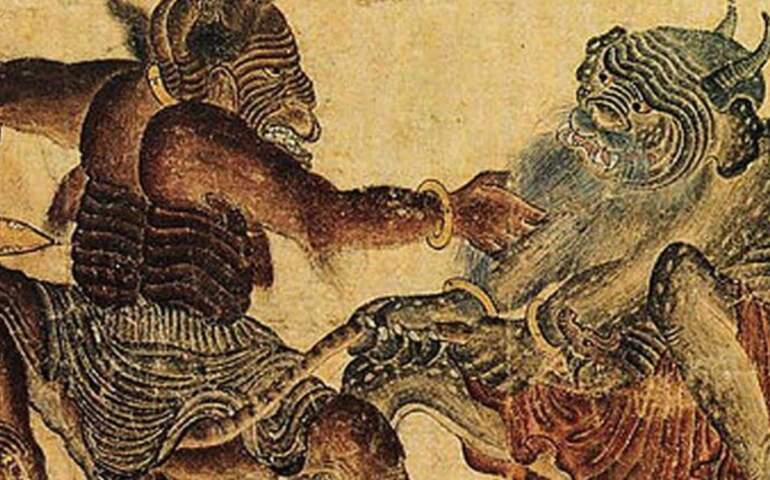
Evil spirits in the belief of Khakass Turks
The Khakass Turks are a nomadic Turkic tribe inhabiting the region along the Yenisei River from the Sayan mountains to the northern sea.
The Khakassians are also known as Abakan Turks, Yenisei Kirghiz, Minusinsk Tatars or Abakan Tatars.
Khakassians lived under the rule of the Huns 2 thousand years ago and learned writing while they were still under the rule of the Hun state.
Khakas Turks, one of the Turkic peoples of Southern Siberia with a history of more than two thousand years, continue to harbor and practice the traces of shamanism, even though they have adopted the Christian faith today.
In shamanism, as in many other beliefs, the spirit world is divided into the lower world (underworld) and the upper world spirits. God sits above the spirits of the upper world.
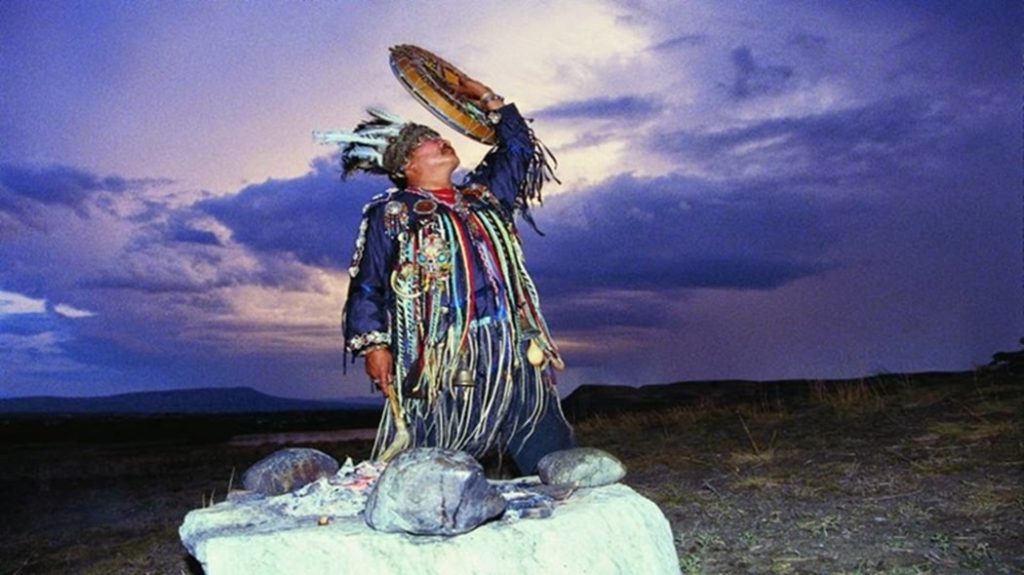
While the spirits living in the heavens seek the good of human beings, the spirits of the underworld, as soldiers of darkness, bring torment, fear, death and brutality to people.
People living in the middle of the created universe live between the energies of these two world spirits.
In Turks, evil spirits are the source of disasters, diseases and other evils.
According to Khakass beliefs, the universe consists of three parts. At the top is the nine-story sky called “Chagan Chiri” (God’s place). God lives on the top floor and good spirits live on the other floors. The second part is the underworld. This section, called “Ayna Chiri” or “Erikli Chiri”, has seven floors. On each floor there are “beings” related to evil. The head of these is “Irlik Khan” or also known as “Cinges Khan”. Erliks formed reptiles, small monsters and diseases. The most famous of Erlik-Khan’s assistants are Erlik’s son Itker-Molat and his daughter Uçak Tolay. The most feared subterranean forces are also Uzüt Khan, the ruler of evil spirits, and Tamı Khan, the ruler of the seventh level hell.
In the dictionary prepared by Ekrem Arıkoğlu, the evil spirits in the Khakas belief are mentioned as follows.
Arsi: The evil spirit enters people and prevents them from having children.
Mirror-chik: Devil, evil spirit. It haunts children.
Hubay: Evil spirit
Wiggly-wiggly: Words meaning “evil spirit” in a general sense
Incıh: Satan, evil spirit
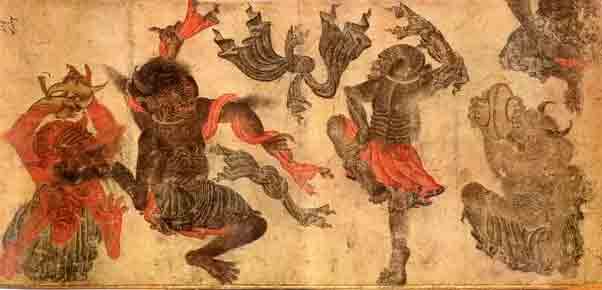
Alartpah: Evil force, demon
Hara mirror / Chabal mirror: Satan, demon
Aza: Satan, Chitker: Satan, Irlĭk: Satan, Chik: Satan, demon, Saydan: Satan, Seereñ: Evil spirit, devil, Sĭle/sĭlee: Evil spirit, devil, Hara töster: Evil spirit, Pooncah: Evil spirit.
Sımıl: Evil spirit that haunts people in the evening, devil
Release: An evil spirit found in deserted houses in the evening
Tolaysı-: To get sick (because of evil spirits)
It is noteworthy that there are more evil spirits than good spirits among Siberian Turks. This can be considered as people wanting to believe that the disasters and bad events they experience are caused not by the creator but by the created spirits. Because the creator gives good, beauty and abundance. Evil is not equated with the Creator.
Prof. Dr. Naciye Yıldız’s article “Evil Spirits in the Mythology and Beliefs of Siberian Turks” published in the Journal of Modern Turkic Studies was used.
You may also like
- A 1700-year-old statue of Pan unearthed during the excavations at Polyeuktos in İstanbul
- The granary was found in the ancient city of Sebaste, founded by the first Roman emperor Augustus
- Donalar Kale Kapı Rock Tomb or Donalar Rock Tomb
- Theater emerges as works continue in ancient city of Perinthos
- Urartian King Argishti’s bronze shield revealed the name of an unknown country
- The religious center of Lycia, the ancient city of Letoon
- Who were the Luwians?
- A new study brings a fresh perspective on the Anatolian origin of the Indo-European languages
- Perhaps the oldest thermal treatment center in the world, which has been in continuous use for 2000 years -Basilica Therma Roman Bath or King’s Daughter-
- The largest synagogue of the ancient world, located in the ancient city of Sardis, is being restored

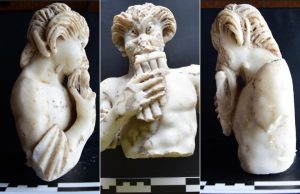
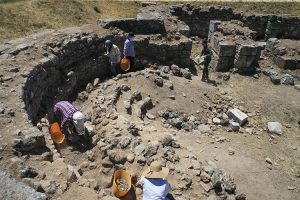
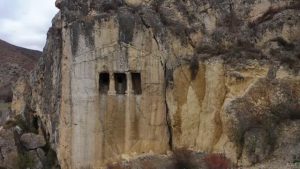
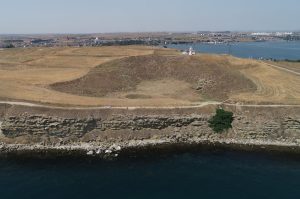
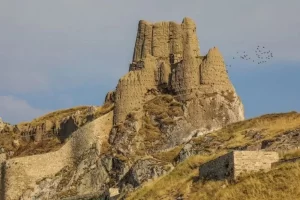
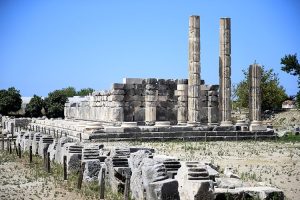
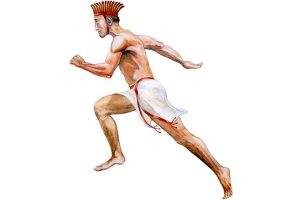

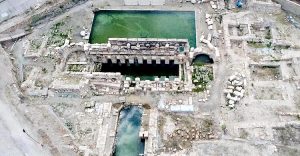
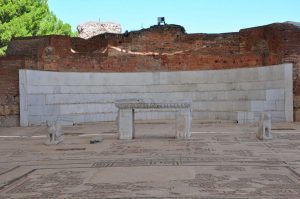
Leave a Reply